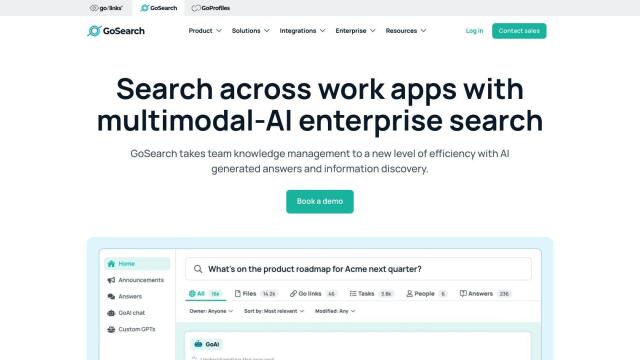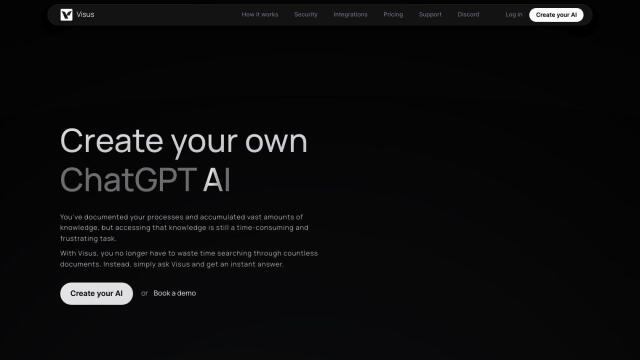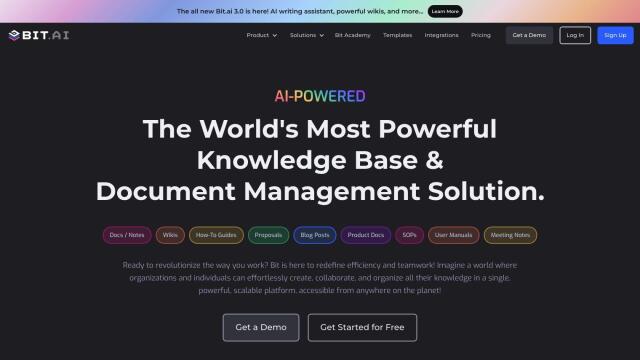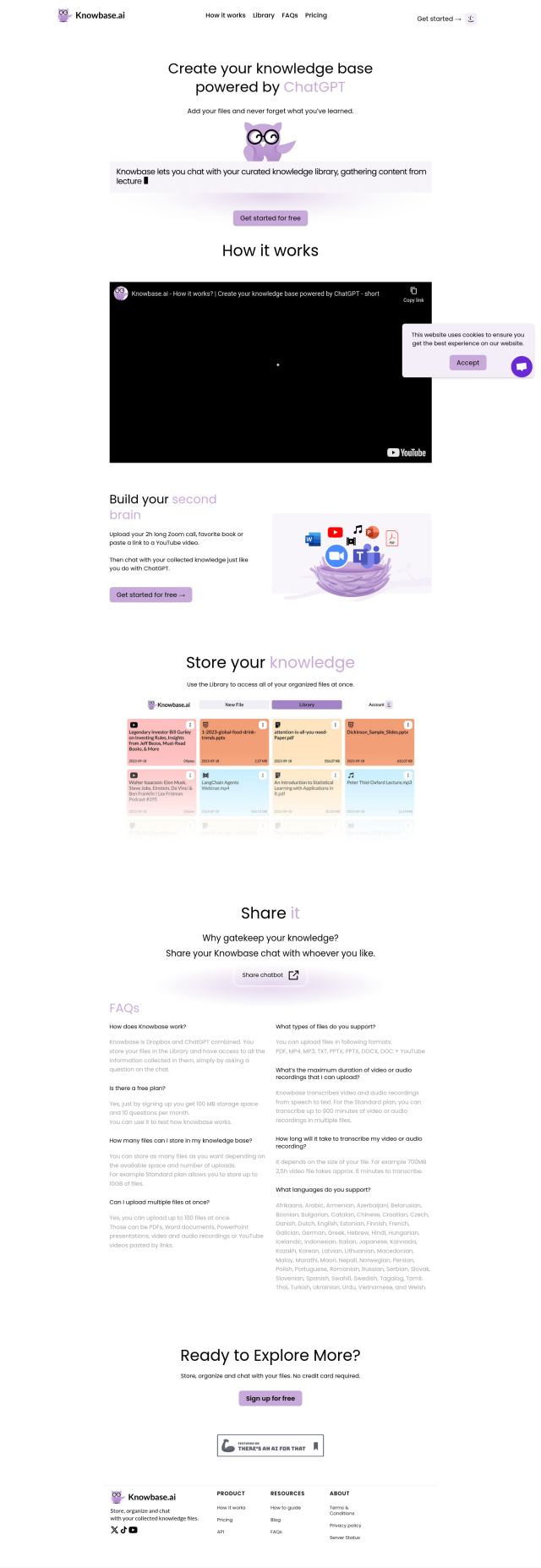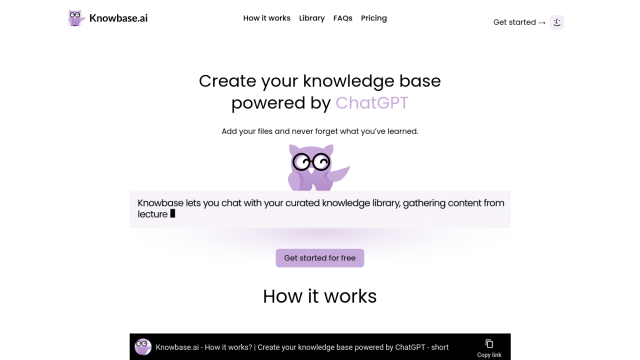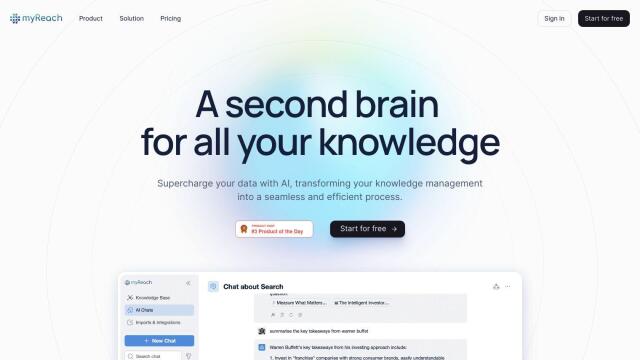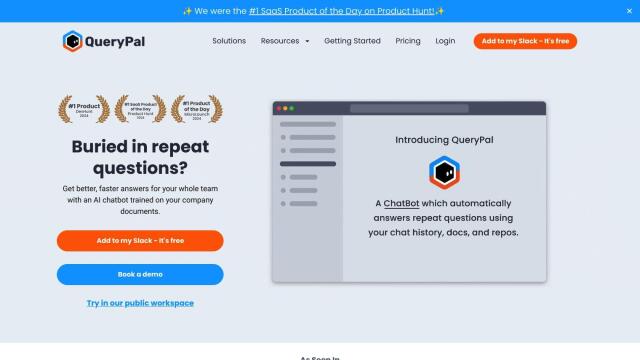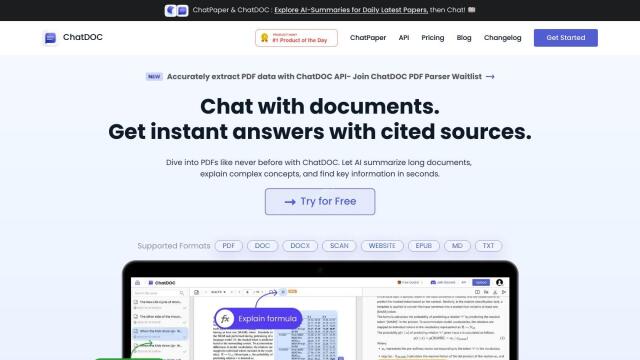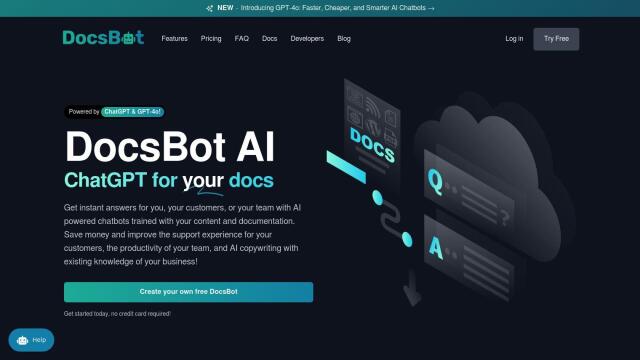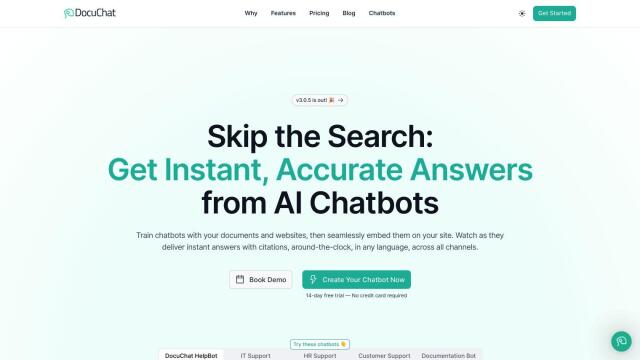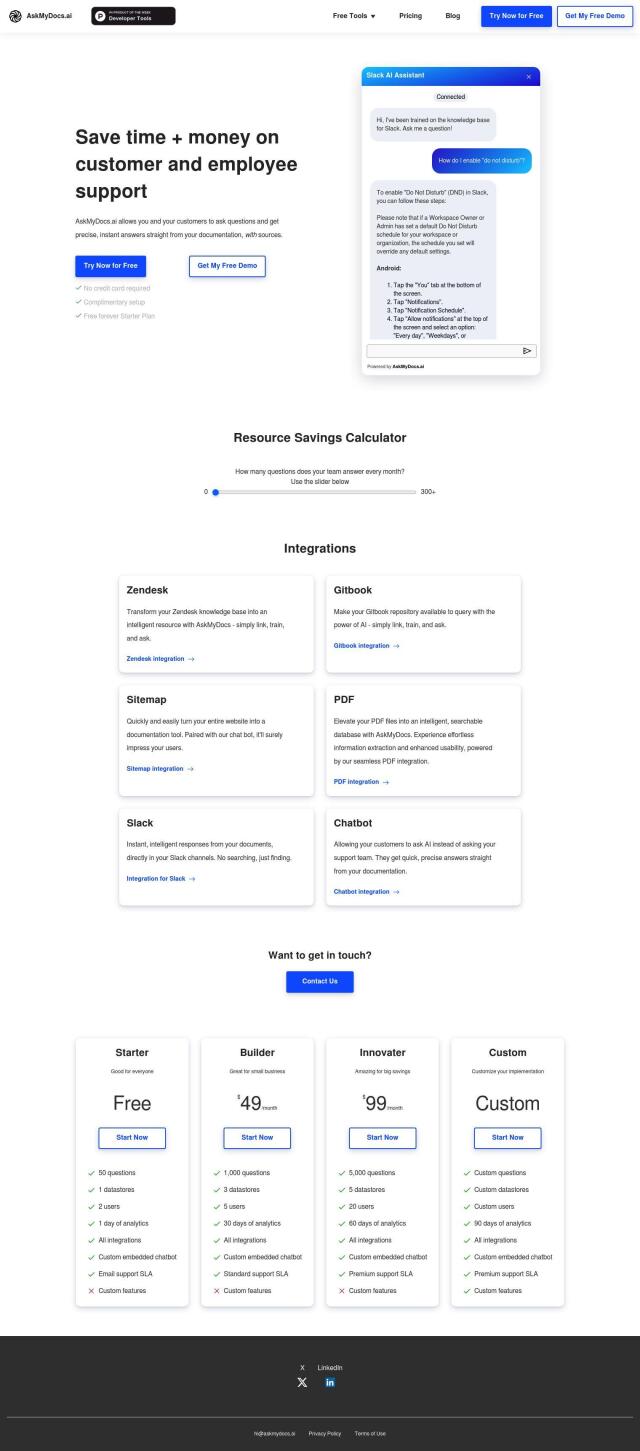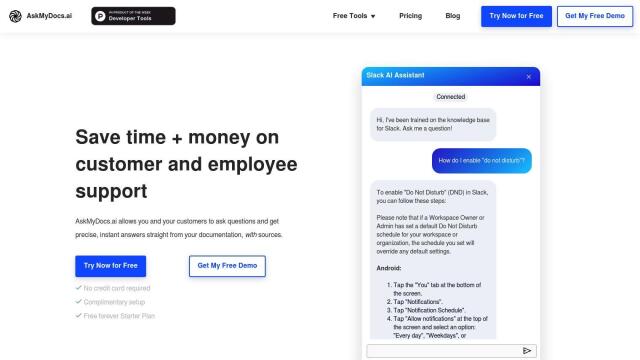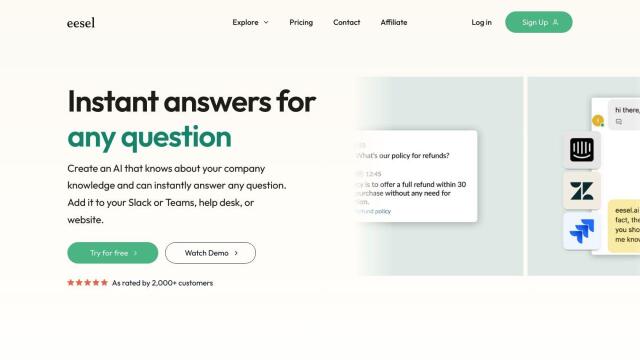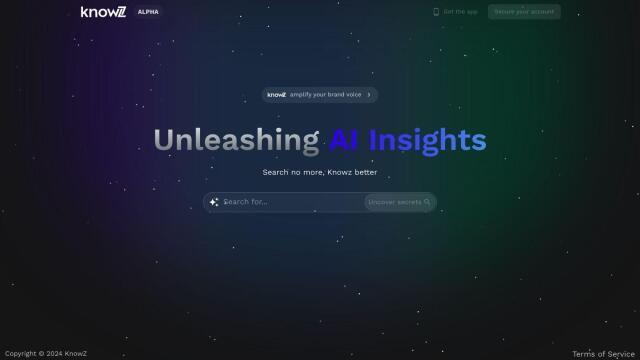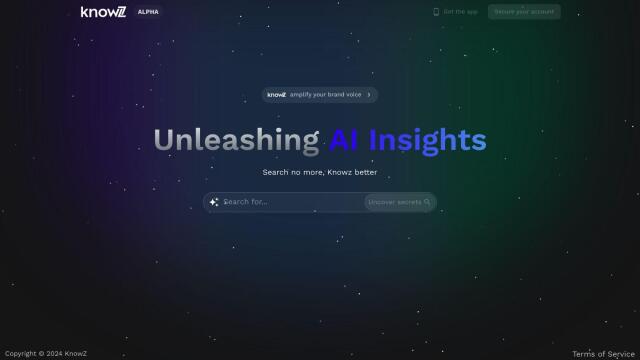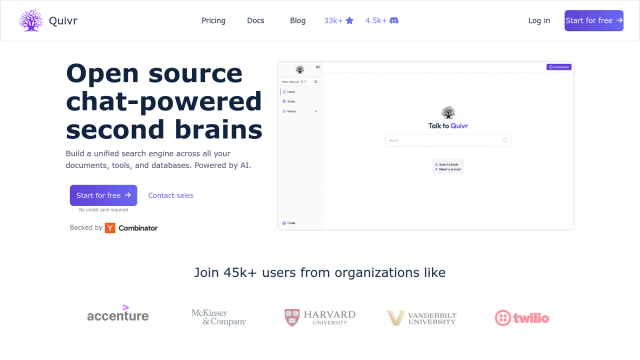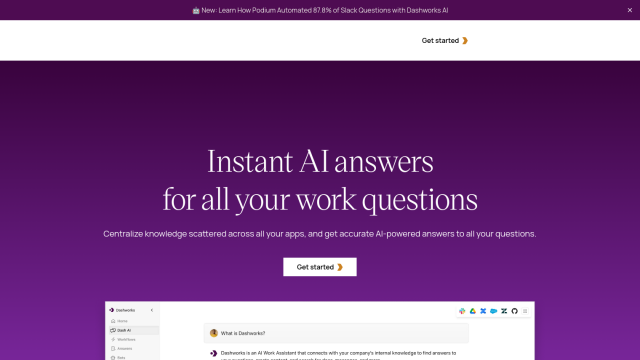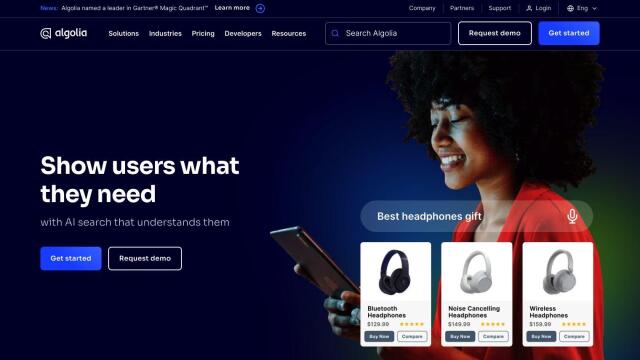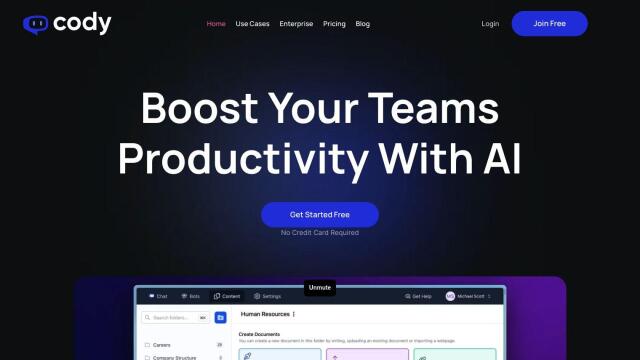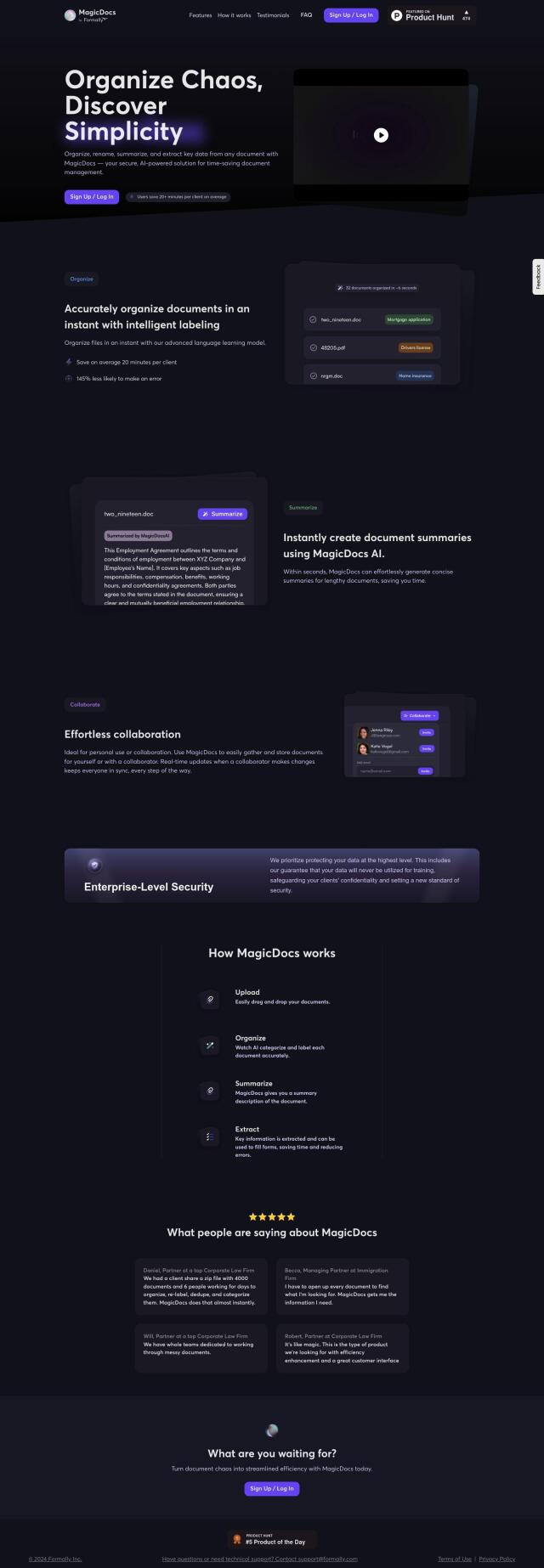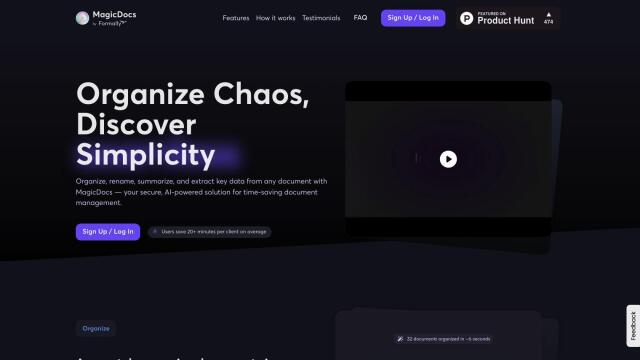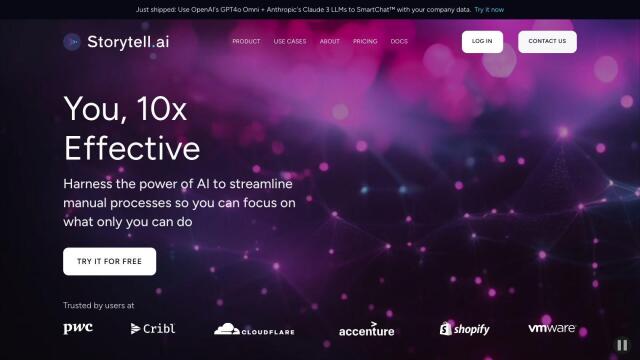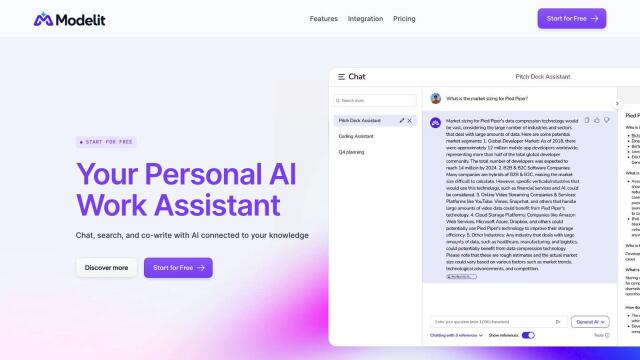Question: Do you know of a tool that can help me create a searchable knowledge base for easy document retrieval and reduce the time spent searching for specific documents?

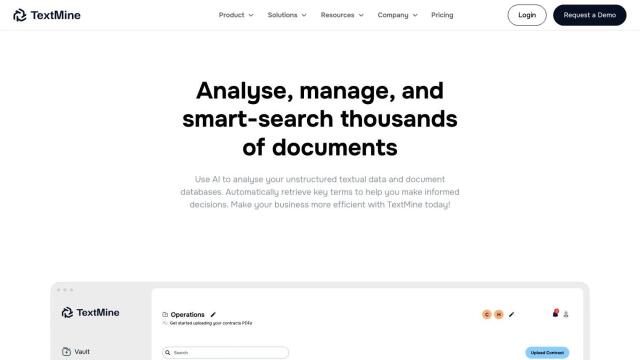
TextMine
For building a searchable knowledge base to cut down on time spent searching for specific documents, TextMine could be a very useful tool. It provides AI-driven document management by gathering business-critical documents into a unified operational layer. Features include smart-searching, data extraction and reporting that turns unstructured data into structured data sets. This can help with decision making, risk assessment and compliance checks, and is useful for streamlining document retrieval and management across the entire lifecycle.

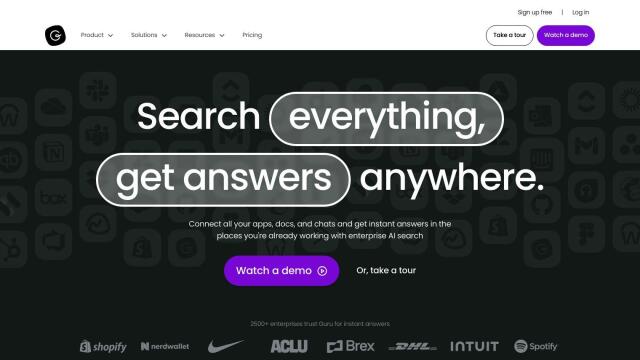
Guru
Another good option is Guru, an AI-driven enterprise search and knowledge management platform. Guru centralizes scattered information into a single source of truth, giving personalized answers based on user context and offering a customizable portal for personalized intranet experiences. Its next-gen wiki and AI search means it's easy to break down knowledge silos and get work done, and it's good for teams of any size in any industry.

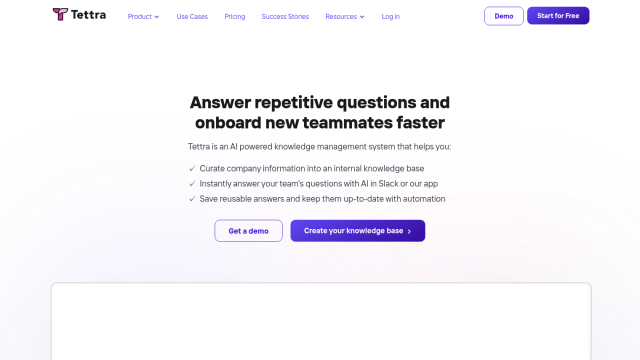
Tettra
Tettra is another tool worth considering, with AI-powered answers, reusable content and semantic search. It integrates with common tools like Slack, Microsoft Teams, Google Workspace and Notion so you can curate and find company information easily. Tettra cuts down on repetitive questions and speeds up onboarding, offering a good knowledge management and documentation retrieval option.

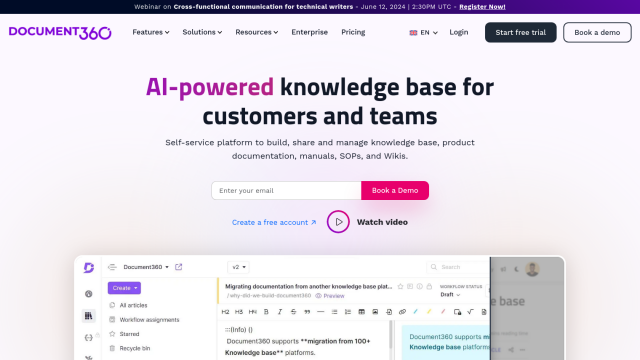
Document360
Last, Document360 is designed for building, managing and sharing knowledge bases. It has more advanced features like powerful search, rich analytics, AI-powered suggestions and workflows to automate documentation processes. With support for more than 120 tools and customization options, it's a good option for technical writers, product owners, customer support teams and developers who want to improve productivity and customer satisfaction.

